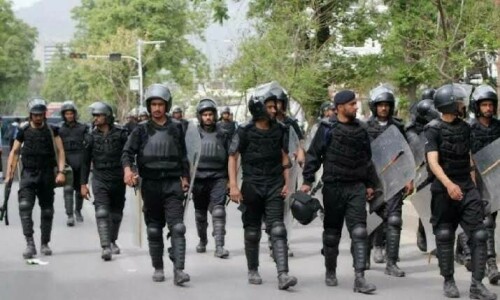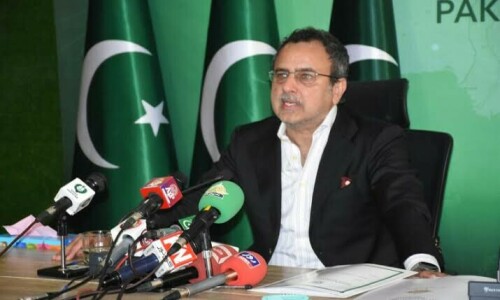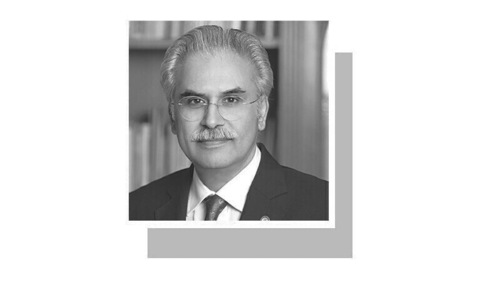WASHINGTON, Oct 31: Pakistan, a key US ally in the war against terror, has also become a major election issue and is discussed even in congressional races otherwise dominated by local issues.
At a recent debate in Kentucky, Republican Senator Mitch McConnell accused the Democrats of wanting to bomb Islamabad while Al Qaeda leaders were hiding in the tribal region bordering Afghanistan.
Mr McConnell, the Senate minority leader, is fighting for survival against Democrat Bruce Lunsford in a constituency he has dominated since 1985.
Congressman Gary Ackerman, chairman of a House panel on South Asia, called Pakistan “the most dangerous country on earth” and accused it of using American dollars for buying weapons to fight India. His stance, obviously, won him the support of the powerful Indian-American community which donates generously to his re-election campaign.
At a recent hearing, Congressman Ed Royce indicated that he feared Pakistan might share F-16 technology with China for developing a new fighter jet.
Congressman Jeff Fortenberry thought that there’s a lack of trust between the US and the Pakistani military.
Congressman Jim Costa noted that Pakistan’s current rulers had “less than a pristine record” in fighting corruption.
But it was Democratic presidential candidate Barack Obama who put Pakistan on the centre stage of the US political debate when he said that Washington had a right to bomb Pakistan if it had intelligence on the whereabouts of Al Qaeda leader Osama bin Laden.
“If we have actionable intelligence about high-value terrorist targets and President Musharraf won’t act, we will,” Mr Obama said.
His Republican rival John McCain criticised Mr Obama but only for saying that he would attack Pakistan. Mr McCain said he would not “announce” positively that he would attack Pakistan but he had no real objection to doing so. He would rather it be a surprise than to “telescope” his intentions. And that was the only discernible difference between their positions.
Both leaders left open the possibility that they might continue the policy of the Bush administration, which has been to wage air strikes and even put boots on the ground, when needed, ignoring strong protests from both the Pakistani government and its people.
But Mr Obama’s tough talks had a negative impact on some Pakistani-Americans who thought that their country was being unfairly targeted for election gains.
Interviewed outside Darul Huda mosque in Springfield, Virginia, half a dozen Pakistani-Americans said they wanted to vote for Mr Obama but now they would either abstain or vote for Mr McCain because of what the democratic leader said about Pakistan. “He has intentions to bomb our country,” said Khalid Ali, “how can I vote for such a person?”












































Dear visitor, the comments section is undergoing an overhaul and will return soon.